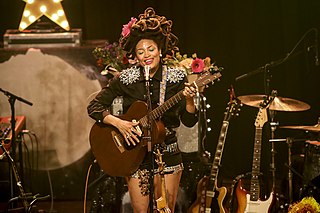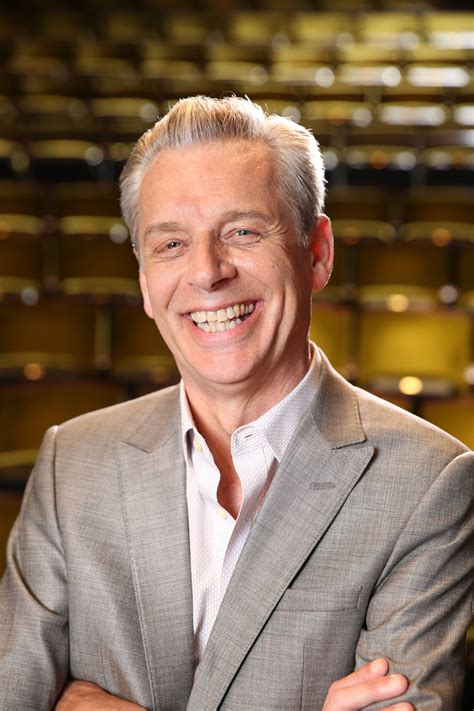A Quote by Laurie Anderson
I really trust audiences as having excellent taste, for the most part.
Related Quotes
Well, the coffeehouse audiences never know what they're going to get, and all the comics are different, as opposed to when you go to a club, and they're pretty much all telling jokes with set-ups and punchlines. Coffeehouse audiences are the most forgiving: They really listen, which is the best part.
When it comes to locations, I'm one of those crazy authors who has to see it, touch it, taste it, before I trust myself to recreate it for my readers. Having said that, visiting a locked-down pediatric psych ward was the most intimidating research I've ever done - and I've visited maximum security prisons, shooting galleries, bone collections, etc.
Trust doesn't come haphazardly. It really has to be built over time. And that trust has to happen really at times when there isn't a crisis. That's why I think having regular meetings and conversation when there's no crisis, when you can build trust and a friendship and a relationship that allows for better dialogue and far more consequential deal-making can occur when a crisis does come up.




































